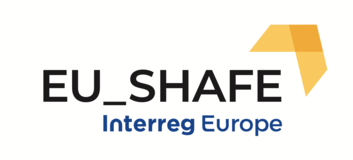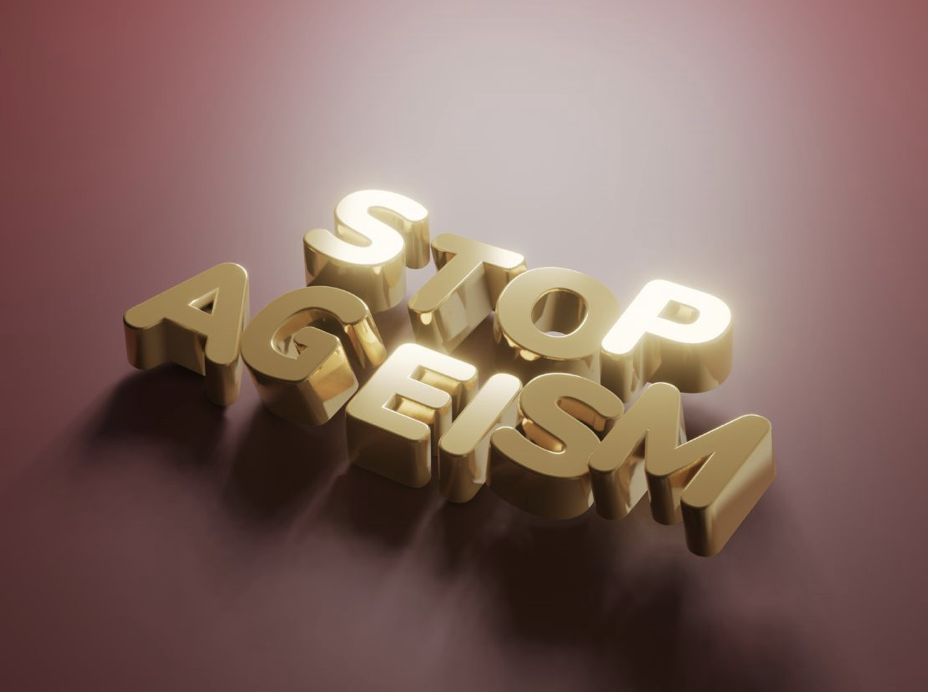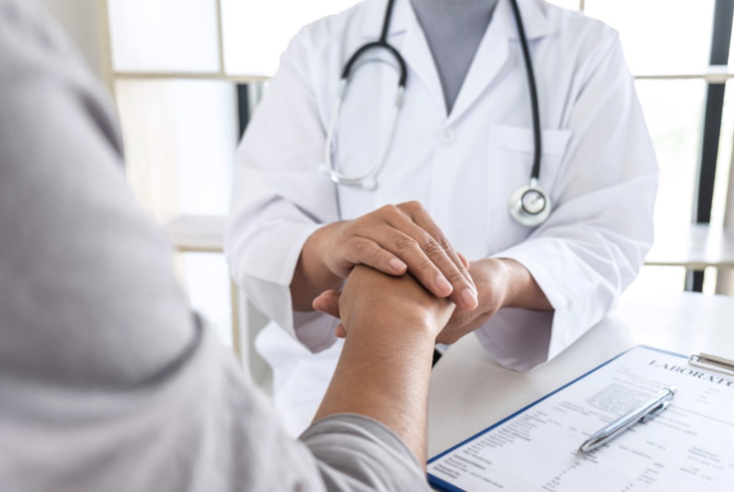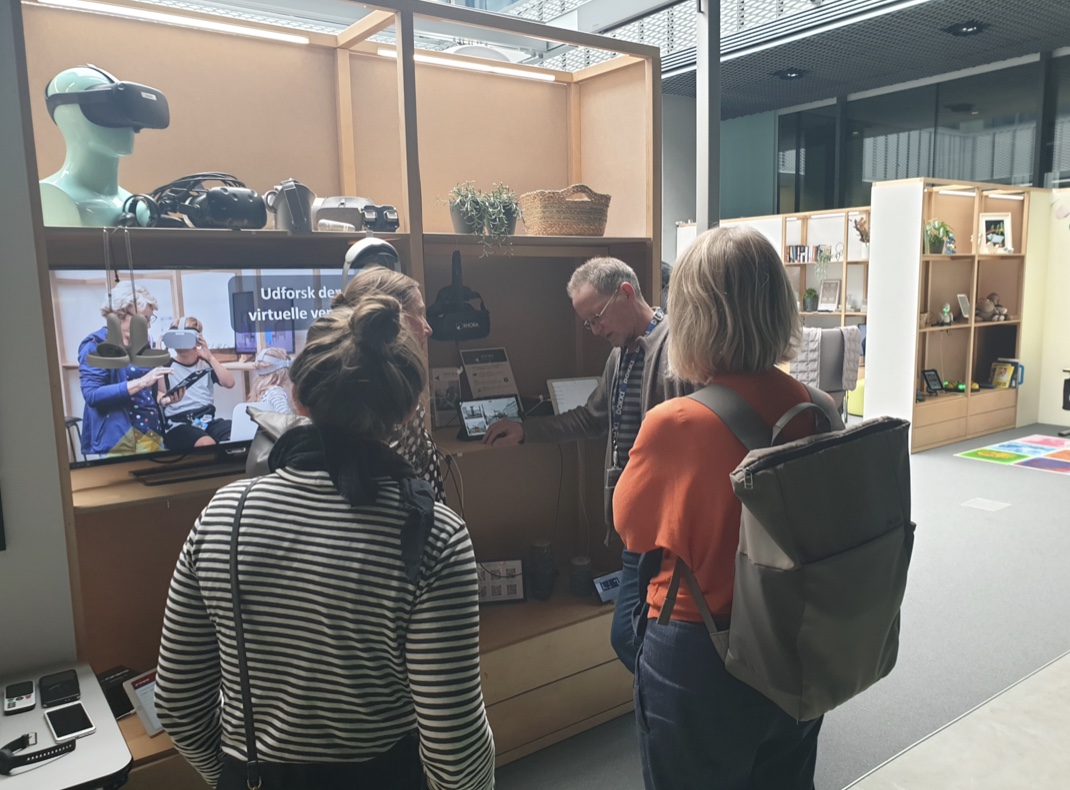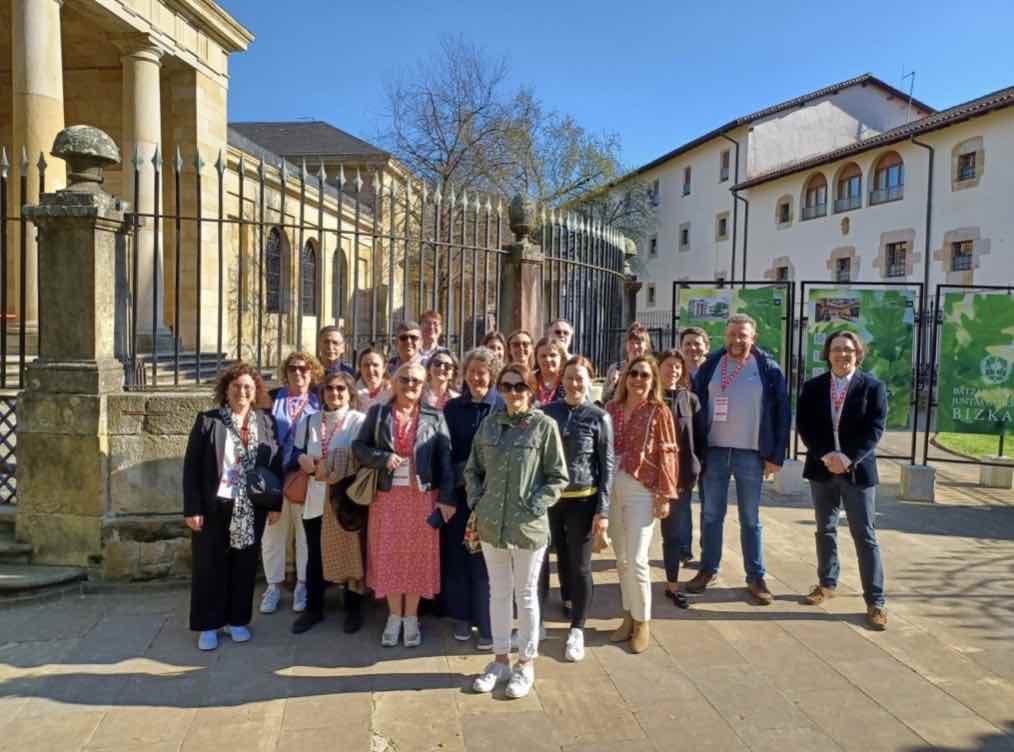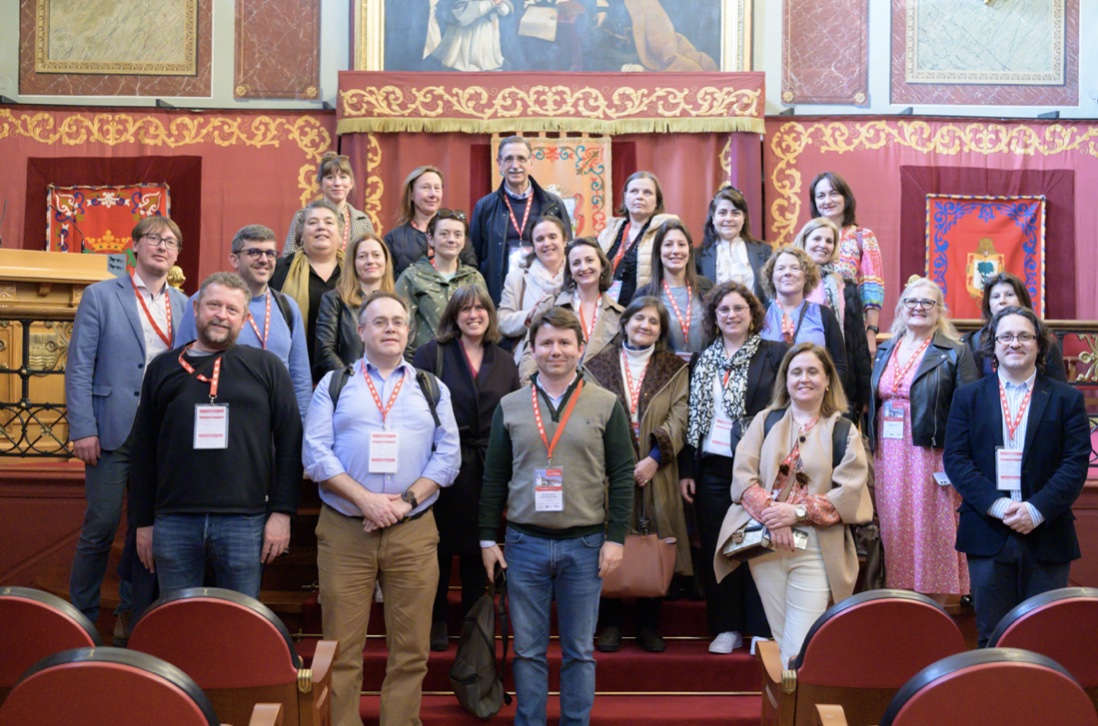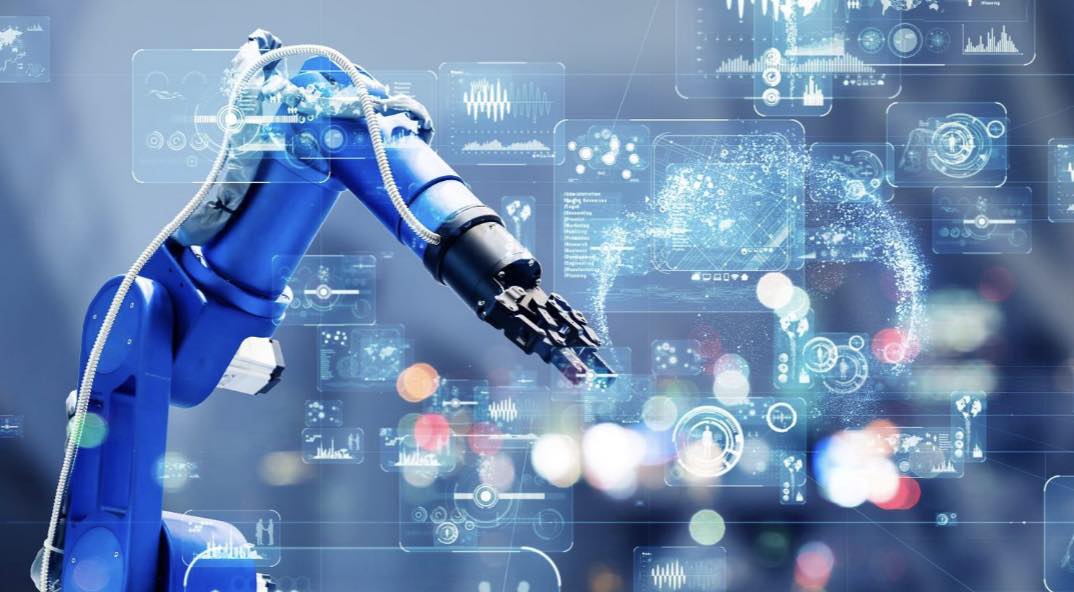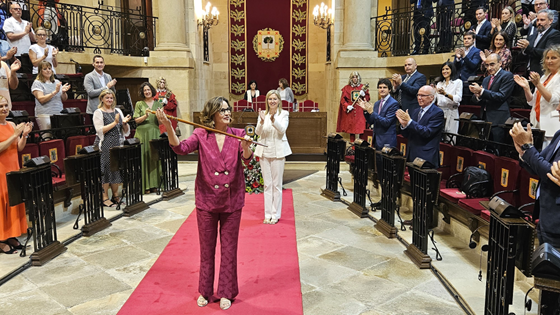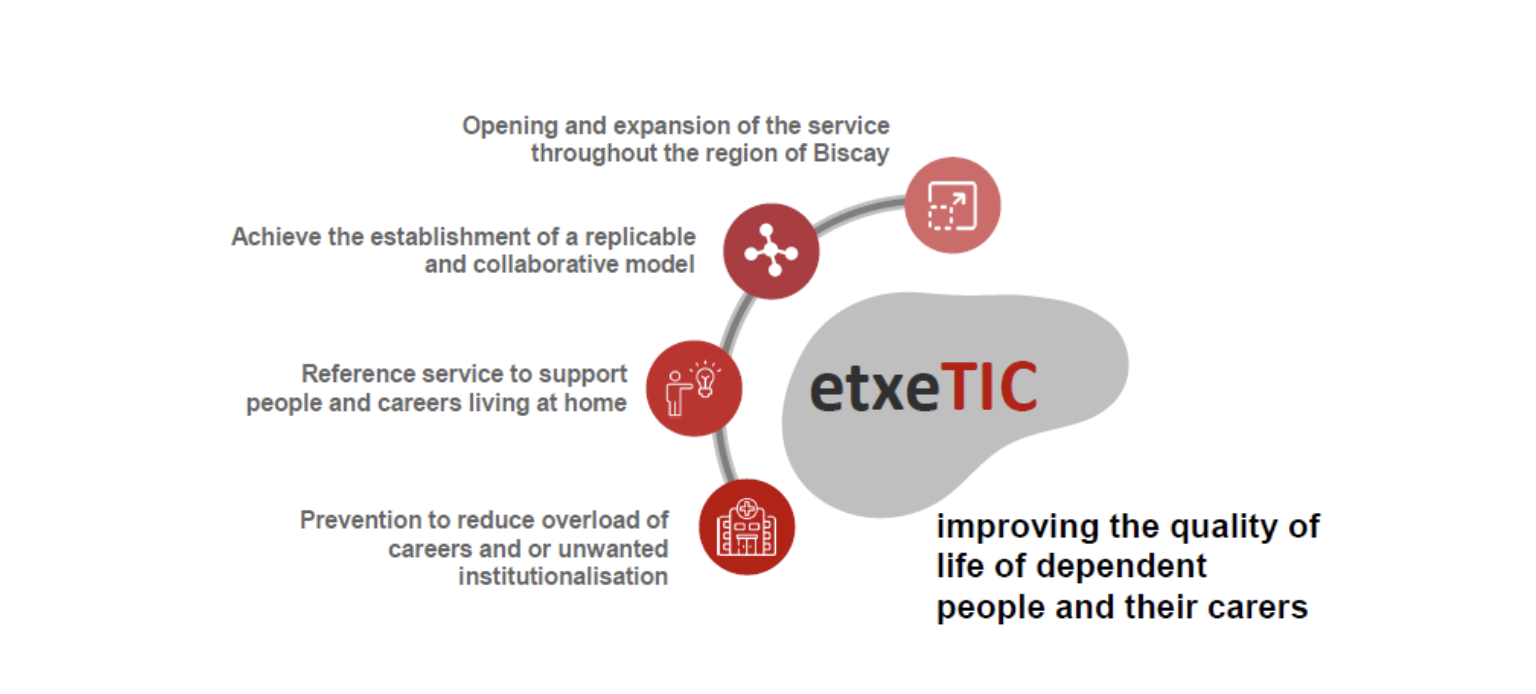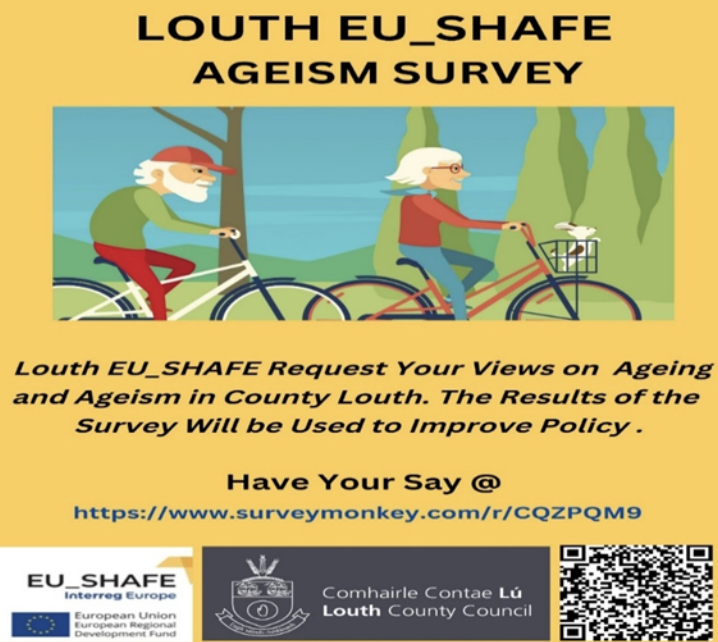An integral part of EU SHAFE project is to facilitate mutual learning from good practices. Therefore, interregional exchange visits aiming to transfer knowledge were conducted between stakeholders from the cities of Aarhus, Denmark and Hamburg, Germany.
The first visit took place April 13th in Aarhus. The visiting delegation from Hamburg consisted of Carolin Kimmer, specialist for innovative care services and Kai Schnackenberg, Deputy head of division for international affairs and innovation of the city of Hamburg as well as Heike Clauss the directing manager and Gabriele Schröder of “Barrierefrei Leben e.V.”, an organisation for aids consulting, living space adaptation and barrier-free building consulting.
In Aarhus, the delegation was warmly welcomed by representatives of “DokkX”, a welfare technology experience space and of the City Council of Aarhus Municipality, which is funding DokkX. At DokkX, citizens can get advice and guidance to find the right technologies and tools that support an independent and active life. DokkX is also a space for innovation, in which education and research institutions, business and industry, the Municipality and the citizens can collaborate in the development of technological solutions for the future. The theme of the DokkX exhibition changes every six months.
Three months later, on July 13th, Ivan Kjær Lauridsen, Head of health and assisted living technologies and Anna-Karin Holst Johannsen, Project Manager responsible for the EU SHAFE project of the Municipality of Aarhus and Søren Aalykke, technical advisor of DokkX (Webmaster DokkX and CareWare) visited the premises of Barrierefrei Leben e.V. in Hamburg. The aim of their visit was to see the AAL showrooms of Barrierefrei Leben. In the "House for Accessibility", the organisation presents an extensive exhibition on aids and conversion solutions on 600 square meters. The rooms have different thematic foci, e.g., on sanitary facilities, kitchen solutions, mobility, everyday aids, overcoming barriers and others.
The exchange visits were considered very beneficial from both sides. Both got an in-depth insight on comparable innovative approaches to better inform citizens about assisted living solution innovations. This led to new ideas to improve the respective approaches on the spot. Furthermore, both sides gained a better understanding of the different health systems in Denmark and in Germany and how this affects the approach of how to individually support older aged persons or disabled persons to stay independent.
